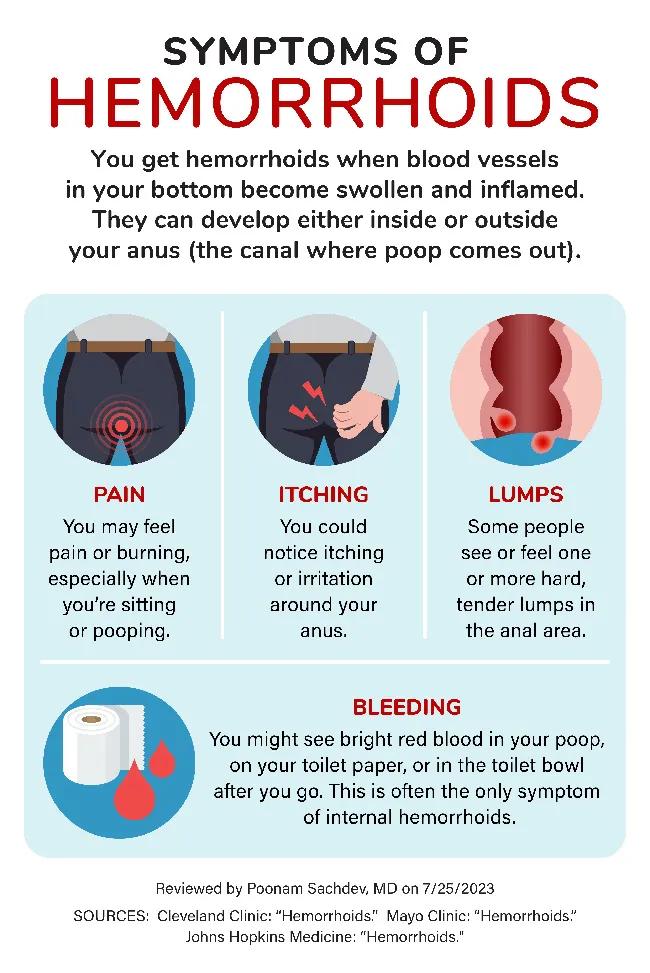Faure Gnassingbé’s Emerging Leadership in Togo: Effects on Democracy and National Stability
Constitutional Amendments and the Possibility of Lifelong Presidency
Togo has recently undergone pivotal constitutional changes that have ignited widespread controversy within political spheres. These reforms eliminate the previous presidential term limits, potentially allowing President Faure Gnassingbé to extend his tenure indefinitely. Critics contend that this legal modification undermines democratic principles by weakening electoral accountability and diminishing citizen representation. Opposition leaders have denounced these adjustments as authoritarian tactics aimed at consolidating power, warning that such centralization could jeopardize the country’s democratic institutions.
In response, opposition groups have mobilized large-scale protests across the nation while appealing for international intervention to challenge what they perceive as an undemocratic power grab. They highlight concerns over the rapid enactment of these amendments without adequate public engagement or transparent legislative debate, which has further alienated many Togolese citizens.
- Community Mobilization: Organizing grassroots demonstrations to contest the legitimacy of constitutional revisions.
- International Pressure: Calling on foreign governments and global organizations to uphold democratic standards in Togo.
- Coalition Building: Uniting diverse political factions into a cohesive front opposing extended presidential rule.
This dynamic situation is under close scrutiny from regional bodies concerned about potential ripple effects throughout West Africa’s delicate political environment.
The Wider Political Ramifications of Gnassingbé’s Consolidated Power
The expansion of President Gnassingbé’s authority prompts critical reflections on Togo’s governance path moving forward. Analysts often describe this development as a gradual soft coup-a systematic weakening of institutional checks designed to entrench one leader’s dominance indefinitely. Such trends risk deepening internal fractures, with escalating civil unrest likely if popular grievances remain unaddressed.
An analysis reveals several key domains where concentrated executive control may influence Togo’s socio-political landscape:
- Diminished Democratic Checks: Increased centralization threatens judicial independence and legislative oversight vital for balanced governance.
- Energized Opposition Movements: Growing demands for reform or leadership change could intensify protests or lead to political stalemates.
- Perturbed International Relations: Western nations may respond with sanctions or diplomatic distancing due to concerns over democratic regression.
- Sociopolitical Polarization: Economic challenges combined with perceived government overreach risk exacerbating divisions among ethnic and social groups within society.
| Sector | Potential Consequences | |||
|---|---|---|---|---|
| >Economic Growth<< /td>> < | >Heightened executive dominance may deter foreign direct investment; small enterprises face increased regulatory uncertainty due to opaque governance.<< /td>> << /tr >> << tr >> << td >>Human Rights<< / td >> << td >>Restrictions on freedom of expression and assembly are likely to intensify; recent reports indicate rising harassment against independent journalists.< / td >> < / tr > < / tbody > < / table > <
section > The ongoing political turmoil in Togo has drawn significant attention from global stakeholders committed to safeguarding democracy across West Africa. President Gnassingbé’s consolidation mirrors patterns observed elsewhere where prolonged incumbency often leads toward autocratic rule rather than participatory governance. To counteract these tendencies, international actors are encouraged to implement comprehensive approaches promoting human rights respect and transparent electoral systems:
|

